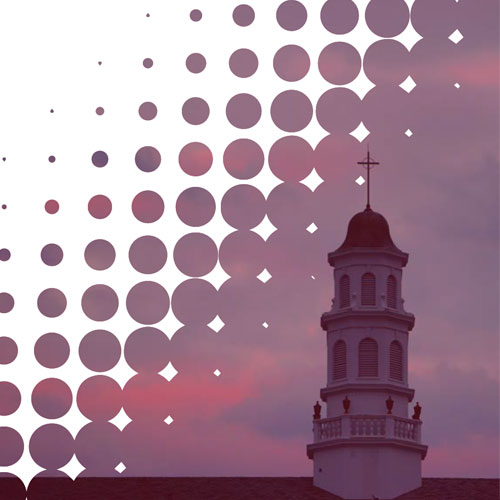President's Report

Annual Report of the President 2024-2025
Dear Molloy University Community,
When I began my tenure as President of Molloy, I shared a bold vision for the institution, one rooted in innovation, strategic growth, and academic excellence. With a focus on developing high-demand academic programs and pioneering new recruitment and retention strategies, we set out to meet the evolving demands in healthcare, business, and education, while upholding our commitment to the liberal arts and educating the whole person. Now in my sixth year as President, the transformation is clear: Molloy College has become Molloy University, emerging as a leader in higher education recognized for outstanding programs in business, education, healthcare, STEM, and the arts where our students lead and thrive in their chosen professions.
Accolades for Molloy continue to grow with recognition from U.S. News and World Report, Money Magazine, Forbes, The Princeton Review, and others. Our competitive programs and innovative recruitment strategies have resulted in enrolling the largest first-year class in our history. Addressing the changing demographic population in our region, we achieved status as a Hispanic Serving Institution (HSI), and we have created new educational programs modeled to serve the evolving demands of the workforce.
Molloy graduates hold lead positions in hospitals, schools, Fortune 500 companies, and on Broadway, and the achievements of the past year provide strong footing for even greater successes in the year ahead.

James P. Lentini, D.M.A.